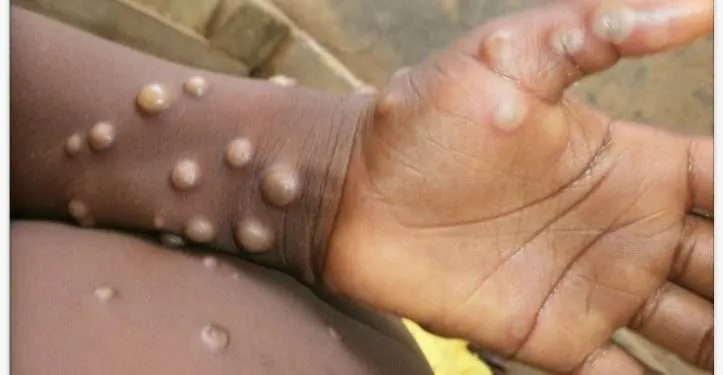The Africa Centres for Disease Control and Prevention (Africa CDC) announced that Mpox vaccinations could start by the end of next week in the Democratic Republic of Congo (DRC) and other countries as vaccine shipments begin to arrive.
“We’ll start [vaccinations] in a few days if we are sure that everything is in place. By the end of next week, vaccines will start to arrive in the DRC and other countries,” said Africa CDC Director-General Jean Kaseya during a briefing yesterday.
Kaseya emphasized that experts are working closely with countries to ensure the necessary logistics are in place to prevent vaccine wastage.
Mpox is a rare disease caused by the mpox virus. This virus usually affects rodents, such as rats or mice, or nonhuman primates, such as monkeys. But it can occur in people.
Africa CDC reported that at least 1,400 new cases have been detected since August 13, bringing the total number of cases to 18,900 across at least 12 countries. The same period saw 24 reported deaths.
Kaseya also mentioned that the agency is collaborating with the Denmark-based manufacturer Bavarian Nordic to secure at least 10 million vaccine doses by 2025, with financial support from the European Union and other partners.
Symptoms of Mpox
Mpox symptoms may start 3 to 17 days after you’re exposed. The time between when you’re exposed and when you have symptoms is called the incubation period.
Mpox symptoms last 2 to 4 weeks and may include:
- Fever.
- Skin rash.
- Swollen lymph nodes.
- Headache.
- Muscle aches and backaches.
- Chills.
- Tiredness.
About 1 to 4 days after you begin having a fever, a skin rash starts.
Can it be prevented?
Take these steps to prevent infection with or the spread of the mpox virus:
- Avoid close contact with people who have a rash that looks like mpox.
- Avoid handling clothes, sheets, blankets or other materials that have been in contact with an infected animal or person.
- Isolate people who have mpox from healthy people.
- Wash your hands well with soap and water after any contact with an infected person or animal. If soap and water aren’t available, use an alcohol-based hand sanitizer.
- Avoid animals that may carry the virus.
Some smallpox vaccines can prevent mpox, including the ACAM2000 and Jynneos vaccines. These vaccines can be used to prevent mpox because smallpox and mpox are caused by related viruses.
Healthcare professionals may suggest that people who have been exposed to mpox get vaccinated. Some people who are at risk of exposure to the virus in their work, such as lab workers, may get vaccinated too.
The CDC doesn’t recommend that everyone get vaccinated against mpox at this time. In Cameroon, two cases of Mpox were detected this week.



